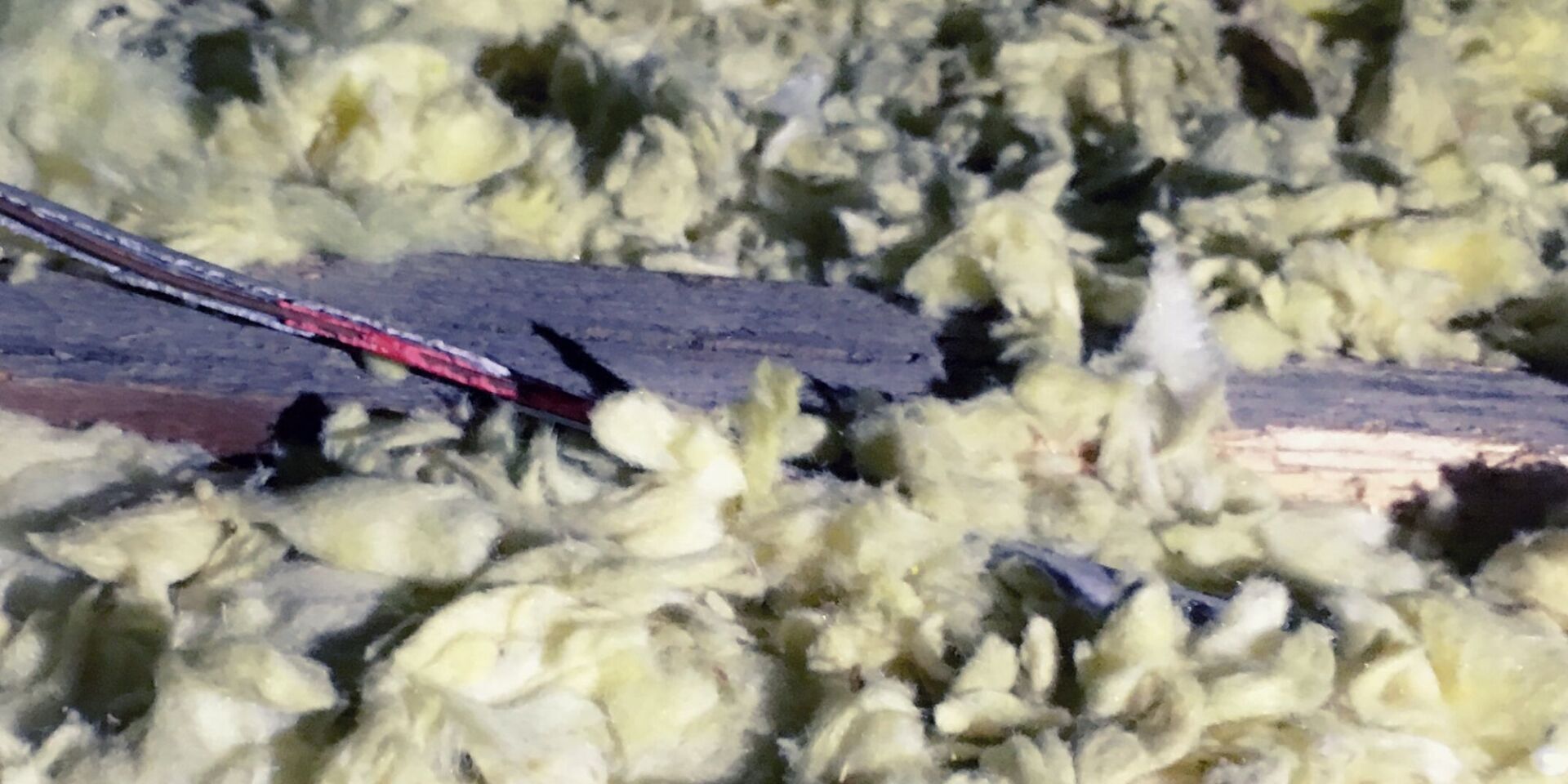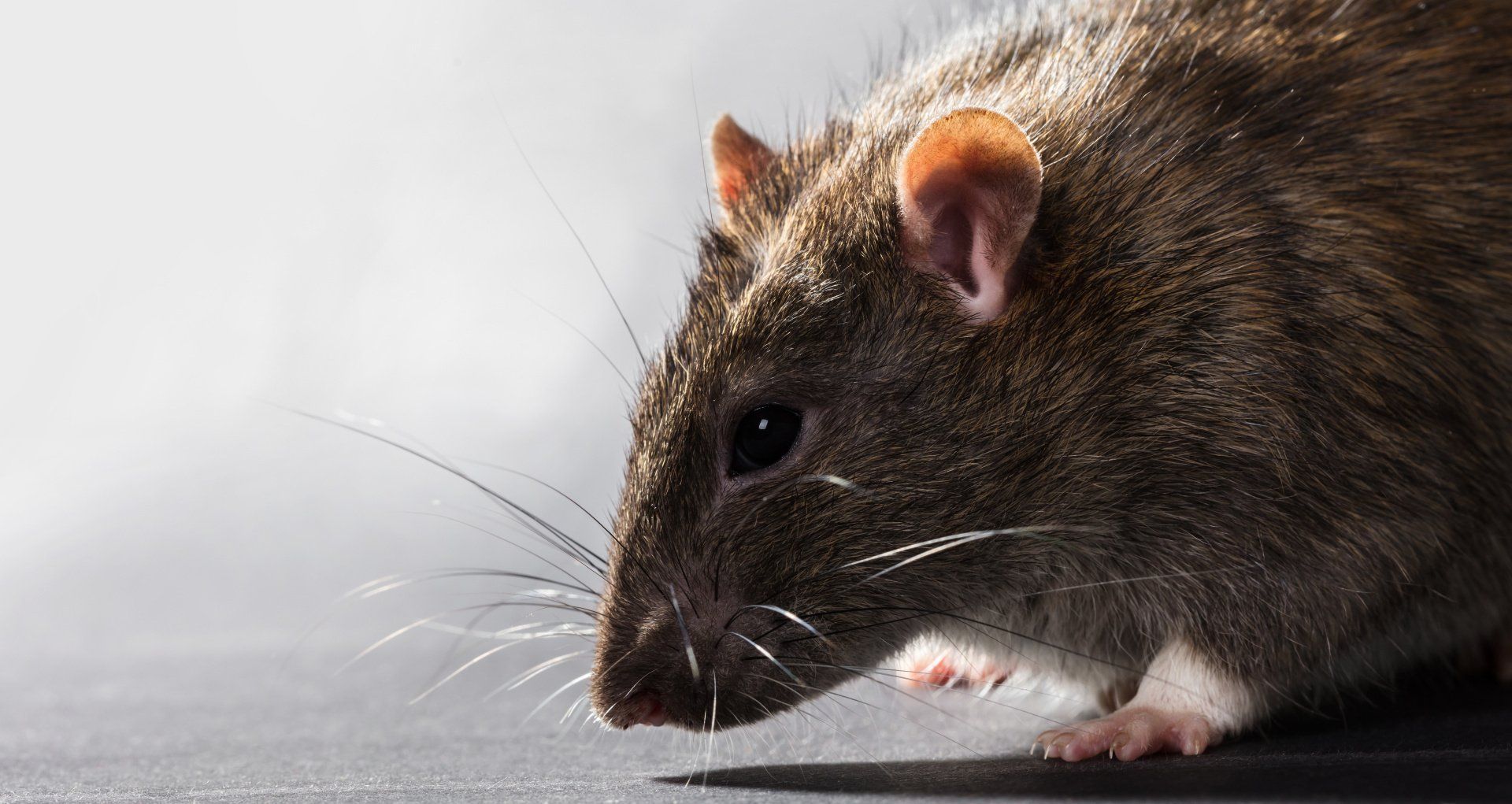Why Do Rats Live In Sewers?
Rats are one of the most misunderstood creatures in the animal kingdom, often associated with filth, disease, and danger. But have you ever wondered why these resilient rodents choose to live in the sewers of cities worldwide? This article delves into the reasons behind rats' affinity for urban drainage systems and debunks some common myths about these fascinating creatures.
Why Do Rats Live In Sewers? Explained:
- Abundant food sources:
- Rats are opportunistic feeders, which means they can survive on a wide variety of foods. In cities, sewer systems provide a constant source of food for rats, such as discarded human food, waste, and decaying organic matter. The abundance of food in sewers is a significant factor that draws rats towards these underground networks.
- Safe Haven:
- Sewers offer rats a safe and secure environment. The dark, enclosed tunnels provide shelter from predators, harsh weather conditions, and humans who may view them as pests. The sewers' narrow passages also make it difficult for predators to hunt them down, which increases their chances of survival.
- Ideal Living Conditions:
- Rats are well adapted to living in sewers, as these underground environments provide the ideal living conditions for them. The damp, dark, and humid conditions in sewers are perfect for rats, as they thrive in warm, moist environments. Sewers also offer rats a stable and consistent temperature, which is essential for their survival.
- Easy Access:
- Sewers offer rats easy access to the rest of the city. They can travel undetected from one location to another through the sewer networks, which is especially useful for rats looking for new food sources or breeding opportunities.
Myths and Misconceptions About Rats:
- Rats are Dirty:
- Rats are incredibly clean animals and spend a considerable amount of time grooming themselves. The filth that is often associated with rats is due to their scavenging nature and living conditions, not because they are inherently dirty animals.
- Rats are Aggressive:
- Rats are not naturally aggressive and will only attack if they feel threatened. They are intelligent animals that are capable of learning and adapting to their surroundings.
- Rats are Only Found in Sewers:
- While it's true that rats are often found in sewers, they are not limited to these environments. Rats can thrive in various habitats, including fields, forests, and even homes.
FAQs:
Q: Are rats dangerous?
A: While rats can carry diseases, the risk of contracting an illness from a rat is relatively low. They are not naturally aggressive animals and will only attack if they feel threatened.
Q: What can I do to prevent rats from entering my home?
A: Ensure that all entry points are sealed off, including gaps in walls and windows. Keep food stored in airtight containers, and dispose of garbage regularly.
Q: Are rats intelligent animals?
A: Yes, rats are incredibly intelligent and can solve complex problems, communicate with each other, and even display empathy towards other rats.
In conclusion, rats are fascinating creatures that have adapted to live in urban environments, particularly in sewers. The abundance of food, safe living conditions, and easy access to the rest of the city are some of the reasons why rats prefer these underground networks. While rats may be misunderstood and viewed as pests, it's essential to remember that they are intelligent animals that play a vital role in the ecosystem.
However, it's important to take the necessary precautions to prevent rats from entering homes and businesses, as they can carry diseases that can be harmful to humans. By sealing off entry points, keeping food stored in airtight containers, and disposing of garbage regularly, you can reduce the risk of a rat infestation.
It's also important to remember that rats are not inherently dirty or aggressive animals. They have been given a bad reputation due to the association with disease and filth, but they are intelligent creatures that have adapted to live in various environments, including urban areas.
By taking the time to understand rats and their behaviour, we can work towards coexisting with them in a safe and sustainable way.
In summary, the reasons why rats live in sewers can be attributed to the abundance of food, safe living conditions, and easy access to the rest of the city.
Sewers provide a habitat for rats to thrive, but it's important to take the necessary precautions to prevent them from entering homes and businesses. Rats are intelligent animals that play a vital role in the ecosystem, and by understanding and coexisting with them, we can work towards a safer and healthier environment for all.


